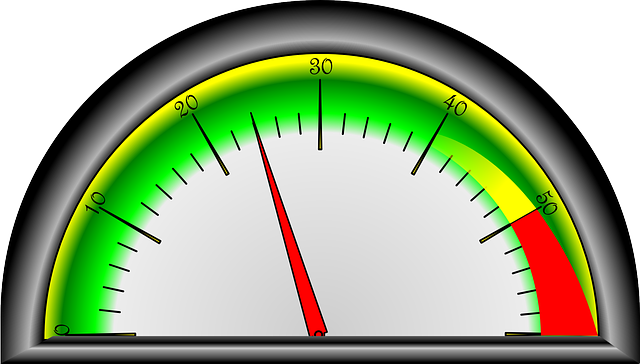 Forgiveness of sins is one of the foundational principles of Christianity, but just how far does that go? After all, the definition of “sin” covers a lot of territory. While we might agree that God is the ultimate judge, it is equally true that humanity has embraced the concept that society judges its members in the enactment and enforcement of laws.
Forgiveness of sins is one of the foundational principles of Christianity, but just how far does that go? After all, the definition of “sin” covers a lot of territory. While we might agree that God is the ultimate judge, it is equally true that humanity has embraced the concept that society judges its members in the enactment and enforcement of laws.
If we really think about it, many of our laws and moral standards are clearly modeled after the original Ten Commandments. Don’t steal. Don’t lie. Don’t commit adultery, etc.
In the process of enacting laws and establishing community moral standards, we rank these “sins” and the penalties associated with them on a scale of severity. Shoplifting or lying under oath might bring a slap on the wrist, while murder – the ultimate sin by human standards, rates the harshest punishment.
We seldom reflect on the scale of severity that God might use to judge human behavior. Does God view theft or adultery as equally sinful as murder?
Surprisingly, the answer might be “yes.”
Once we recognize that God represents the ultimate in purity and goodness, we might understand that any act or thought that is contrary to the standards that God sets for the human race is sinful. We humans, on the other hand, tend to rank sinful behavior on a scale of severity based on the moral standards of our culture at the moment.
As confusing as it might be, there is a simple standard that might be applied.
When we view our behavior through the lens of love, we might realize that any thought, word or deed that is contrary to God’s standard of unconditional love, is a sin.
Perhaps, in that respect, all sins are equal.
